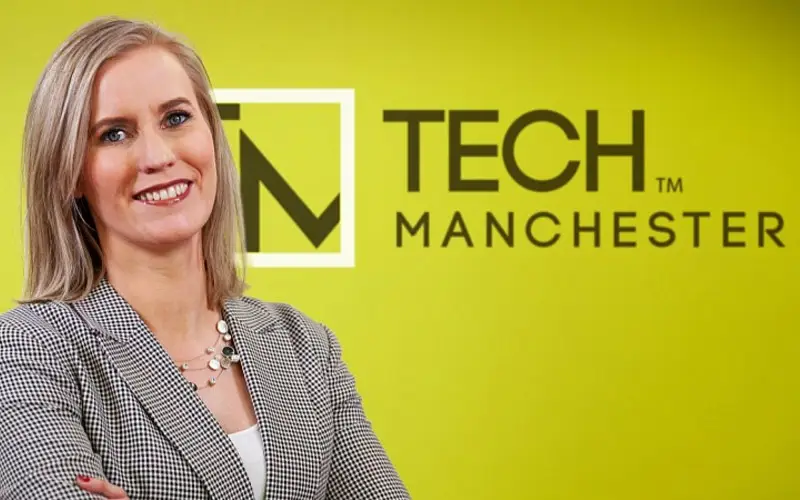The perception that Non-Executive Directors (NEDs) get paid substantial sums for minimal involvement is misleading. Patricia Keating, programme lead at an organisation in Manchester, refutes this notion.
The role of NEDs is increasingly sought after by seasoned business leaders pursuing portfolio careers. Contrary to popular belief, becoming an effective NED demands significant time, effort, and responsibility. Google searches may yield various unrelated results for ‘NED,’ but in the business world, a NED typically boasts an extensive network and holds a board position without being part of the executive team.
This subject was discussed at a recent Non-Executive Breakfast event at UKFast Campus, in collaboration with a professional NED organisation. The keynote speaker, Sally Penni, emphasised the importance of passion in selecting NED roles. Penni, a common law barrister with expertise in data protection and GDPR, has considerable experience as a NED on various boards. She noted, ‘To be effective, you need to find roles you are passionate about.’ Penni highlighted her trustee position at a theatre organisation where she encounters young, innovative individuals on the board, illustrating the value of diversity.
Diverse boards are not just a matter of principle but also profitability. Citing a 2007 report by Catalyst, Penni pointed out that boards with three or more women significantly outperform those dominated by men, achieving 42% greater return on sales, 53% greater return on equity, and 60% return on invested capital. This data underscores the commercial benefits of board diversity.
Joe Hall, chair of a group, shared insights from his MBA, noting that diversity extends beyond gender. He illustrated this by referring to a hypothetical board of four white men all named Dave, yet from diverse backgrounds. Sarah McKenna, chair of another leadership group, stressed the need for robust business intelligence in board decisions. She advised aspiring female NEDs to actively apply for roles and to leverage resources for self-learning, such as books and NED organisations.
Mike Perls, a CEO and strategist, echoed the sentiment that effective NEDs immerse themselves in the organisations they serve. He shared his approach as a board member, engaging with students and attending graduations to truly understand the institution’s dynamics. This engagement is crucial for adding value to the board.
The panel collectively emphasised the necessity of commitment and due diligence. Prospective NEDs should invest time and energy into self-development, seek high-quality data, and spend considerable time with the organisations they join. Identifying industries or organisations where one can contribute meaningfully is vital.
The push for increased female representation on FTSE 350 Boards aims to raise the proportion of women to 33%. Currently, 24% of board members are female, with 80% in NED roles rather than executive positions. This statistic highlights the ongoing need for gender diversity in leadership.
The insights shared at the event underscore the multifaceted nature of being an effective NED. It requires passion, commitment, diversity, and continuous self-improvement. Aspiring NEDs must be prepared to invest significant time and effort to truly add value to the boards they serve.


